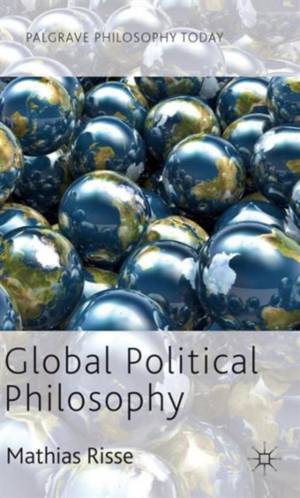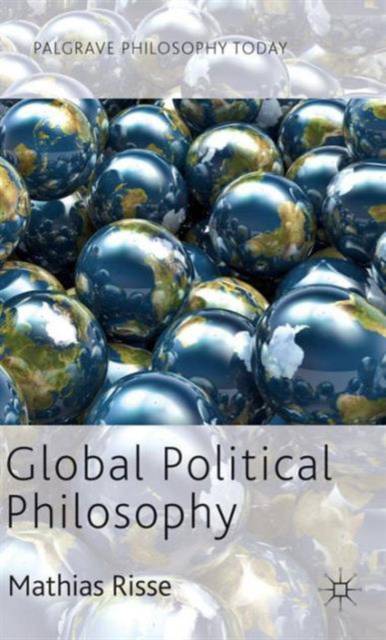
Bedankt voor het vertrouwen het afgelopen jaar! Om jou te bedanken bieden we GRATIS verzending (in België) aan op alles gedurende de hele maand januari.
- Afhalen na 1 uur in een winkel met voorraad
- In januari gratis thuislevering in België
- Ruim aanbod met 7 miljoen producten
Bedankt voor het vertrouwen het afgelopen jaar! Om jou te bedanken bieden we GRATIS verzending (in België) aan op alles gedurende de hele maand januari.
- Afhalen na 1 uur in een winkel met voorraad
- In januari gratis thuislevering in België
- Ruim aanbod met 7 miljoen producten
Zoeken
€ 83,95
+ 167 punten
Uitvoering
Omschrijving
This book focuses on normative questions that arise about globalization. Much social science research is devoted to exploring the political, legal, social and economic changes that occur all around us. This books offers an introductory treatment of the philosophical questions that arise about these changes. Why would people have human rights? We will be looking at different answers to this question. Could there be a universal morality in the first place? This question captures a particular kind of skepticism that has also been applied to the human rights movement and needs to be addresses for the Universal Declaration of Human Rights to be intellectually credible. Ought there to be states? Perhaps there are more appropriate ways of organizing humanity politically. What does distributive justice require at the global level? The world in which we live is one of a striking inequality that challenges us to explore what a just world would look like. What does justice require of us with regard to climate change? We now live in a geological era sometimes called the Athropocene: it is human action that has the biggest impact on the future of all life. How should we think about fairness in trade? Trade, after all, ties people together around the world. And what does justice imply for immigration policy? Each of these questions is answered in its own chapter. Introductions to political philosophy normally focus mostly or entirely on domestic questions. This introduction is concerned with questions of global scope throughout.
Specificaties
Betrokkenen
- Auteur(s):
- Uitgeverij:
Inhoud
- Aantal bladzijden:
- 218
- Taal:
- Engels
- Reeks:
Eigenschappen
- Productcode (EAN):
- 9780230360723
- Verschijningsdatum:
- 31/08/2012
- Uitvoering:
- Hardcover
- Formaat:
- Ongenaaid / garenloos gebonden
- Afmetingen:
- 142 mm x 218 mm
- Gewicht:
- 362 g

Alleen bij Standaard Boekhandel
+ 167 punten op je klantenkaart van Standaard Boekhandel
Beoordelingen
We publiceren alleen reviews die voldoen aan de voorwaarden voor reviews. Bekijk onze voorwaarden voor reviews.









